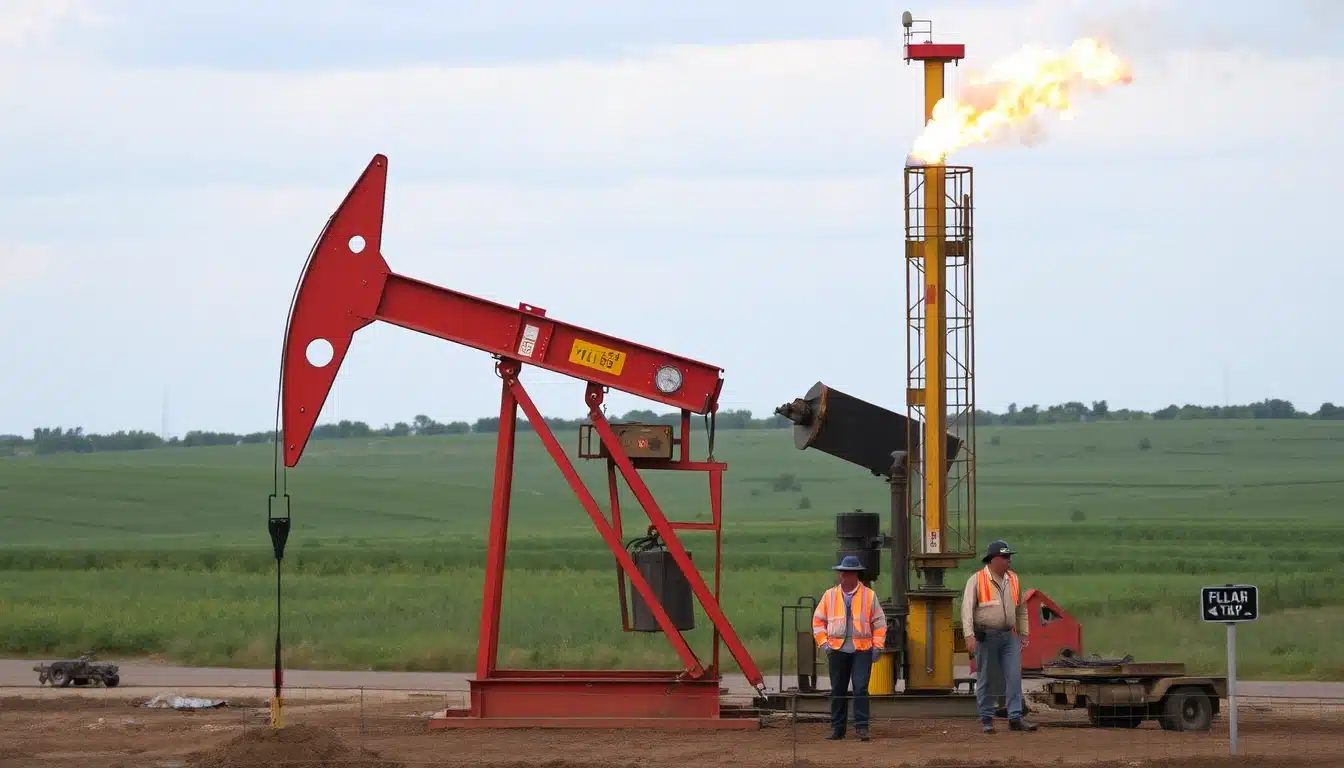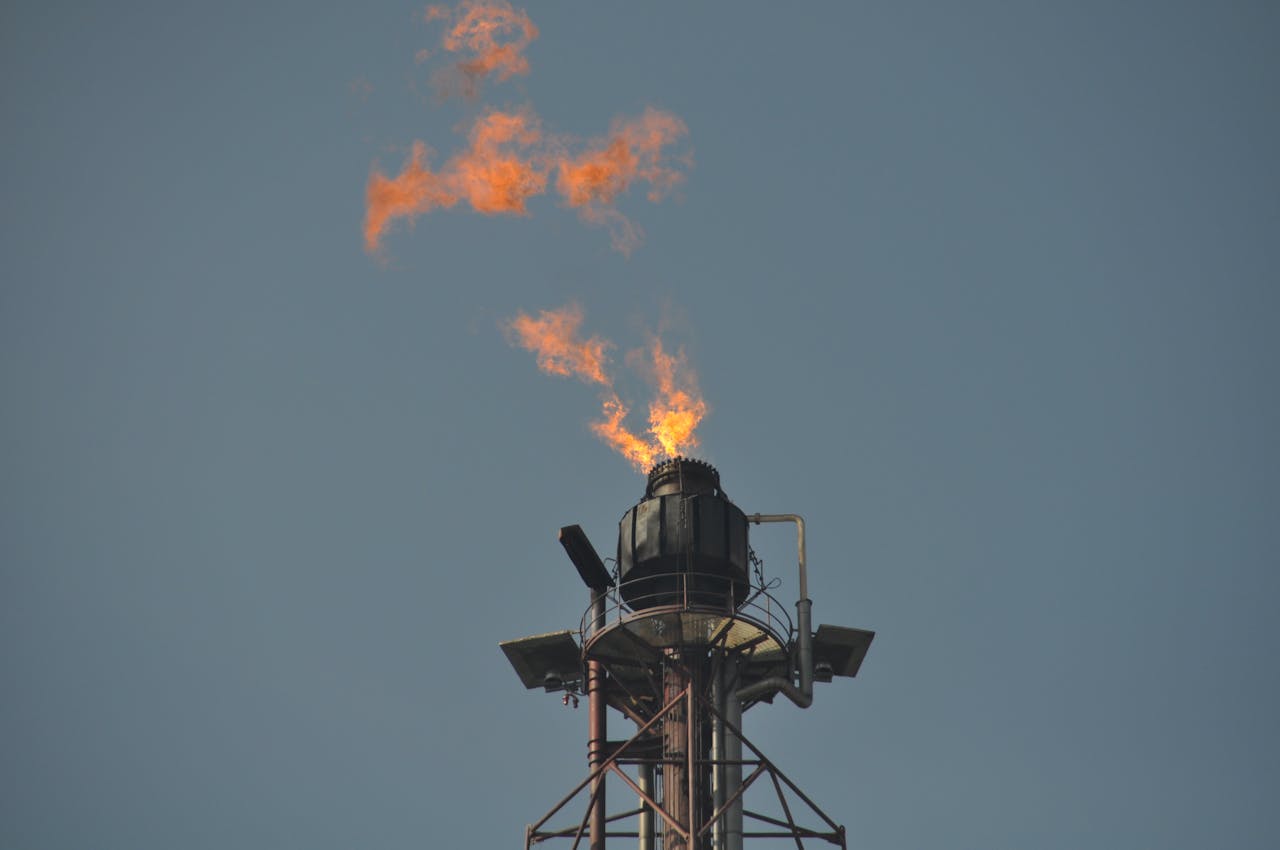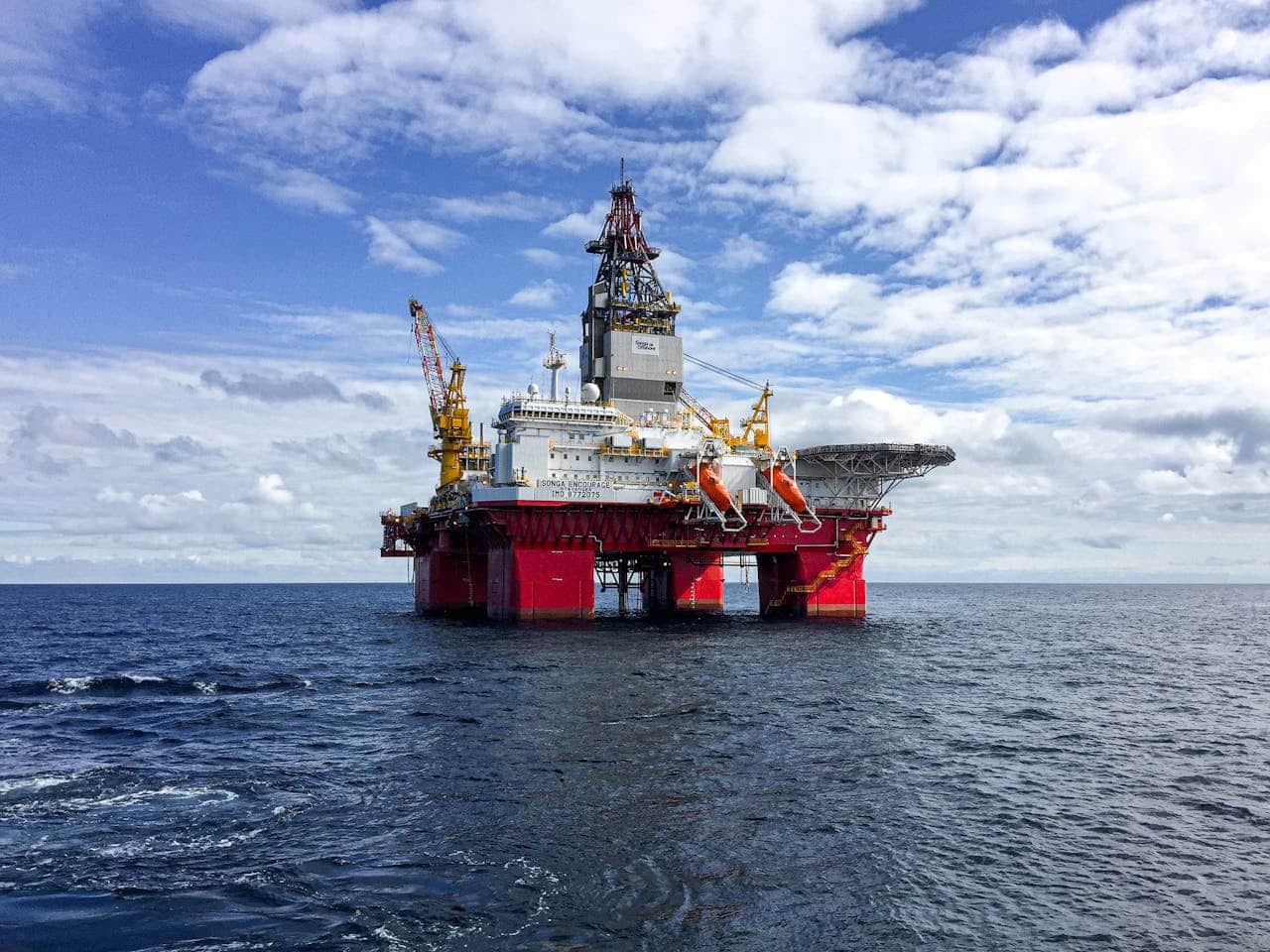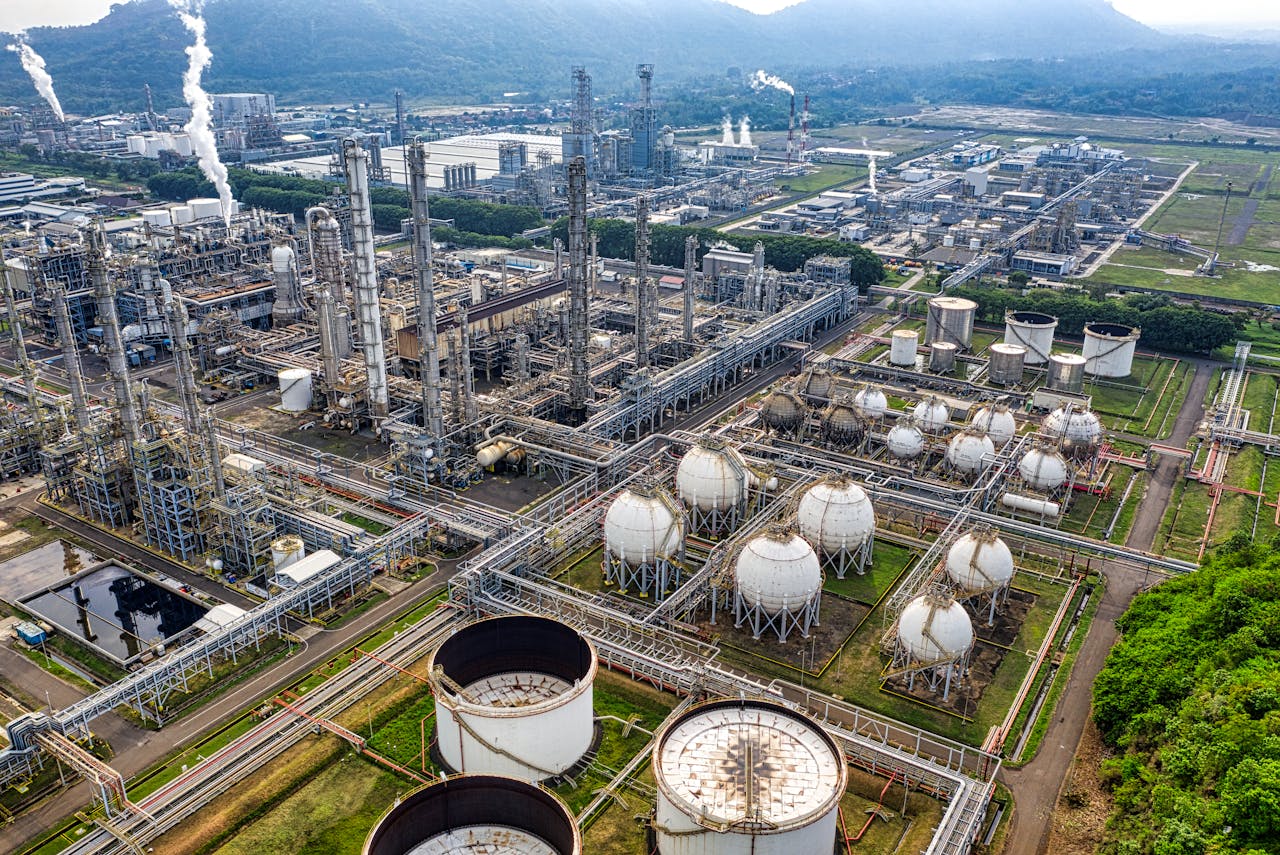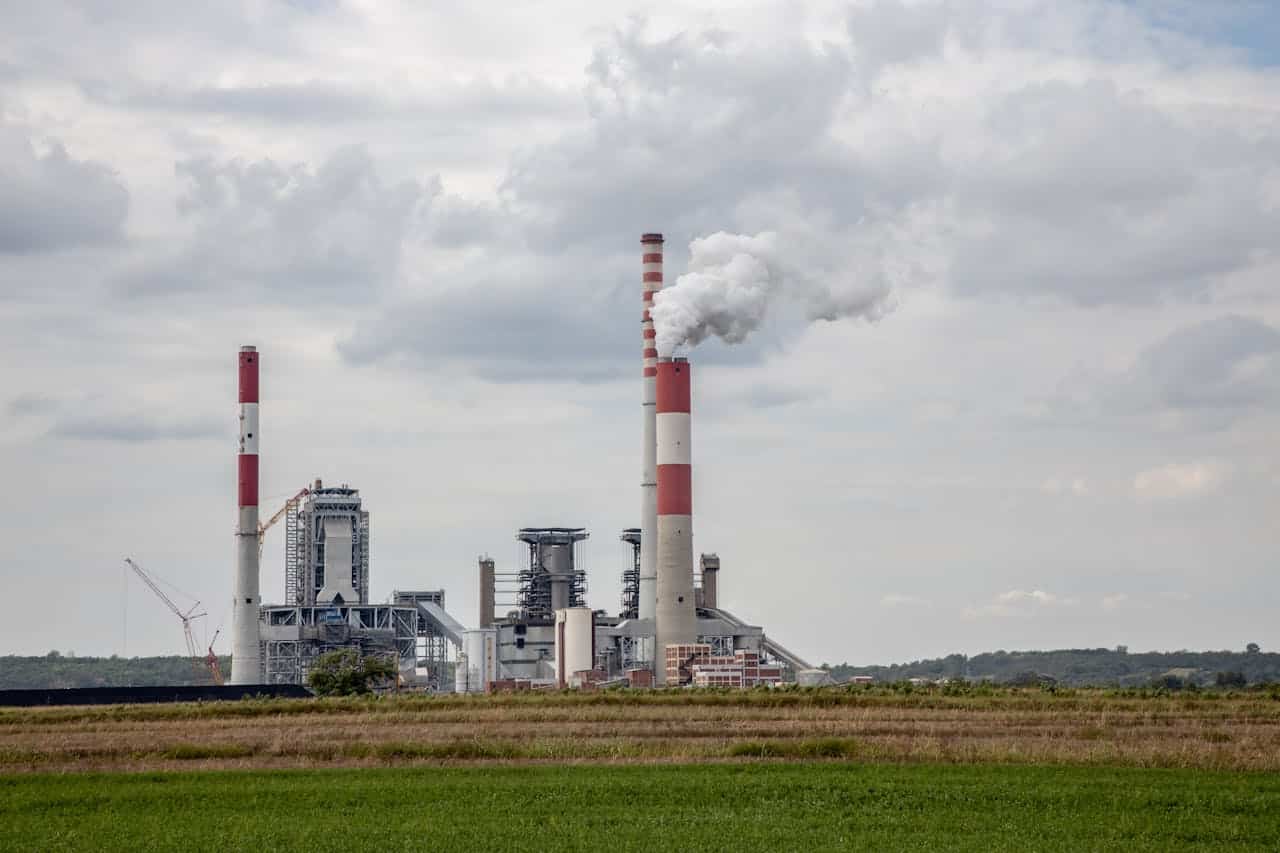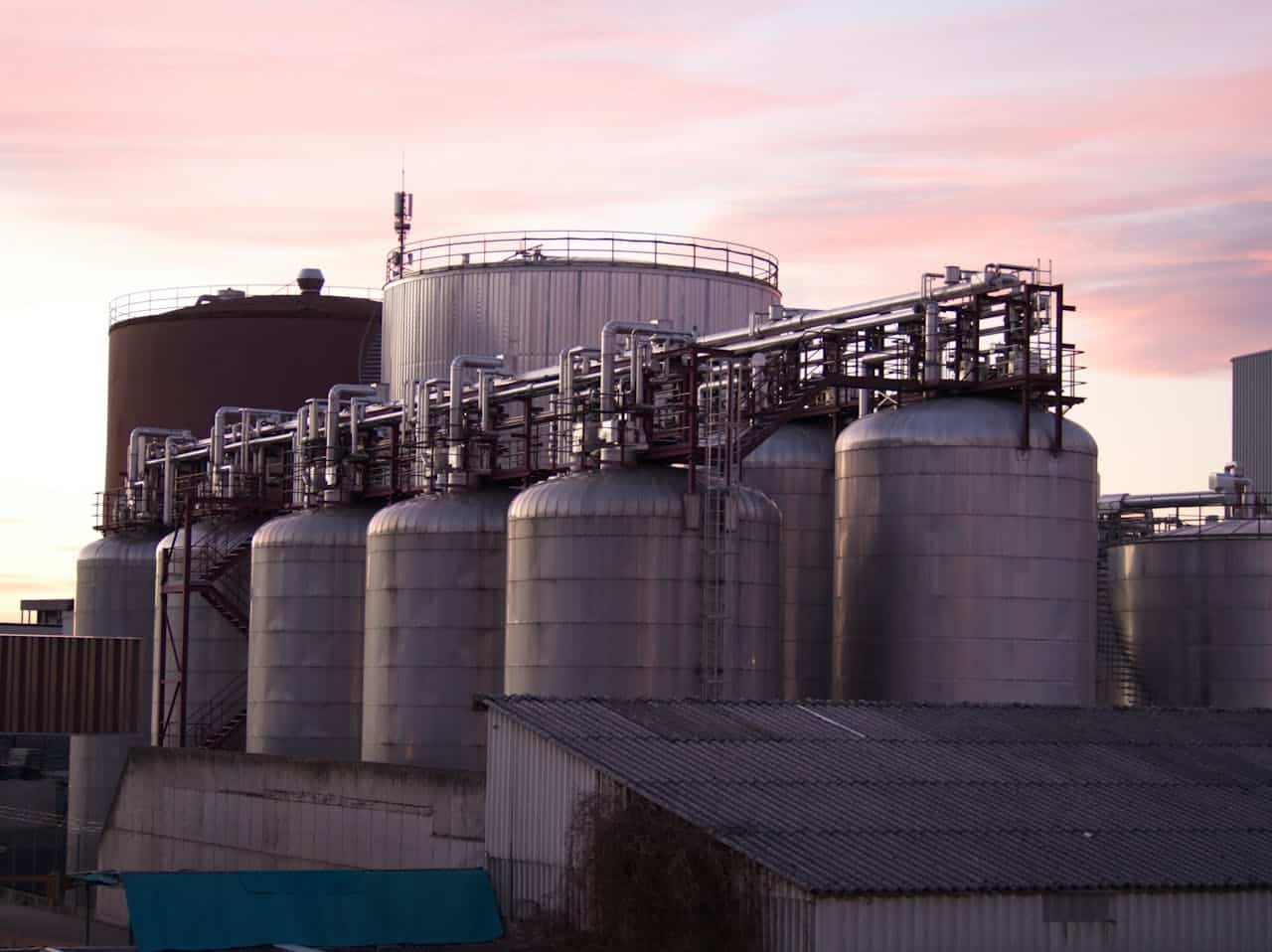Oil and Gas Industry Risk Assessment, Accident and Incident Investigation Program
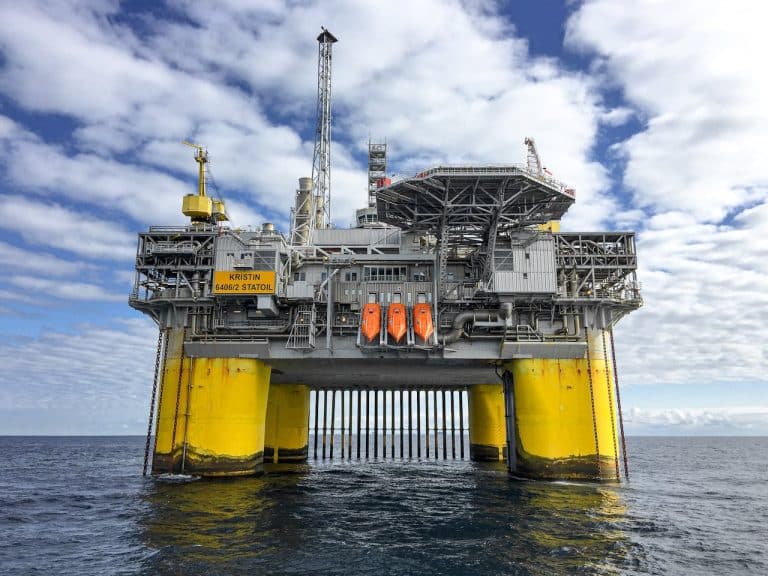
| Date | Format | Duration | Fees (USD) | Register |
|---|---|---|---|---|
| 23 Nov - 11 Dec, 2025 | Live Online | 15 Days | $11515 | Register → |
| Date | Venue | Duration | Fees (USD) | Register |
|---|---|---|---|---|
| 09 Nov - 27 Nov, 2025 | Doha | 15 Days | $13500 | Register → |
| 15 Dec - 19 Dec, 2025 | London | 5 Days | $6305 | Register → |
Did you know that between 2003 and 2013, the oil and gas industry witnessed an average of 108 fatalities annually? This compelling statistic underscores the critical importance of robust safety management systems and accident prevention techniques in today’s industry.
Course Overview
The Oil and Gas Industry Risk Assessment, Accident and Incident Investigation Program is meticulously designed to equip professionals with cutting-edge knowledge in process safety, system safety engineering, and hazard identification. This comprehensive programme focuses on safety implications, industry standards, and investigation procedures to ensure participants can effectively navigate the complex landscape of oil and gas safety management.
Why Select This Training Course?
Selecting this Risk Assessment and Investigation Course offers numerous advantages for professionals involved in safety culture development and accident prevention. Participants will gain advanced knowledge of safety technology, risk mitigation strategies, and root cause analysis. The course provides hands-on experience with hazard and operability study (HAZOP) and failure mode and effects analysis (FMEA), enabling attendees to optimise their safety management effectively.
For organisations, investing in this training enhances overall safety performance and strengthens incident prevention capabilities. By ensuring that personnel are well-trained in safety compliance regulations and emergency response planning, organisations not only protect their assets but also build sustainable practices. Research shows that companies implementing comprehensive safety management systems can significantly reduce incidents. For instance, the U.S. Chemical Safety Board’s investigation of the BP Texas City refinery explosion demonstrated how organisations can learn from past incidents to improve their safety climate and responses.
Individuals who complete this course will benefit from enhanced career prospects as they become more valuable assets in their respective fields. The skills acquired through this training can lead to professional growth and increased responsibilities within their organisations. Studies from the Deepwater Horizon incident highlight how proper safety measures and advanced technologies can help prevent future disasters.
Transform your safety management capabilities – Join our next session!
Who is this Training Course for?
This course is suitable for:
- Safety officers and managers in oil and gas.
- Engineers involved in hazard identification and control.
- Incident investigators and analysts.
- Operations managers focused on risk mitigation.
- Regulatory compliance specialists in energy sectors.
What are the Training Goals?
- To master risk assessment methodologies specific to oil and gas.
- To apply cutting-edge technology in incident investigation.
- To develop strategies for preventing recurrence of incidents.
- To ensure compliance with international safety standards.
How will this Training Course be Presented?
The Risk Assessment and Investigation Program employs a comprehensive and innovative approach to ensure maximum knowledge retention and skill development. Expert-led instruction from seasoned safety professionals forms the core of the course, providing up-to-date insights into modern safety practices and practical applications.
Our dynamic training methodology includes:
- Interactive sessions with industry safety experts
- Immersive workshops featuring real-world incident scenarios
- In-depth demonstrations of cutting-edge safety technology
- Collaborative projects focused on risk assessment and investigation
- Comprehensive access to latest safety guidelines and tools
Ready to master safety management? Secure your spot today!
Course Syllabus
Module 1: Accident Prevention Strategies
- Proactive vs. reactive safety measures.
- Lockout/Tagout for equipment safety.
- Preventive maintenance schedules for safety equipment.
- Safety in design for new projects.
- Use of safety barriers in high-risk areas.
- Emergency shutdown systems.
- Fire and explosion prevention techniques.
- Safety in confined spaces and hot work.
- Strategies for reducing occupational injuries.
- Continuous safety improvement initiatives.
Module 2: Hazard Identification Techniques
- Process Hazard Analysis (PHA) methodologies.
- Techniques for identifying chemical hazards.
- Physical hazard recognition in oil and gas facilities.
- Human factors analysis in risk identification.
- Use of checklists and what-if analysis.
- Bowtie diagrams for visualizing risks.
- Safety walkthroughs and inspections.
- The role of safety audits in hazard identification.
- Utilizing historical data for hazard prediction.
- New technology for real-time hazard detection.
Module 3: Incident Investigation Methodologies
- Root Cause Analysis (RCA) techniques.
- The 5 Whys method for incident analysis.
- Fishbone (Ishikawa) diagrams for cause mapping.
- Fault Tree Analysis for complex incident investigation.
- Collecting and preserving evidence post-incident.
- Interview techniques for gathering information.
- Document management for incident records.
- Developing lessons learned from investigations.
- Incident classification and reporting.
- Legal implications of investigation outcomes.
Module 4: Technology in Risk and Incident Management
- IoT for real-time safety monitoring.
- AI applications in predictive risk analysis.
- Digital twins for simulating safety scenarios.
- Drones for post-incident site analysis.
- Data analytics for trend identification in incidents.
- Virtual reality for training in investigation techniques.
- Integration of SCADA systems for safety control.
- Cybersecurity considerations in safety systems.
- Automation in safety system checks.
- Real-time risk assessment tools.
Module 5: Safety Management Systems
- Implementing ISO 45001 in oil and gas.
- Safety culture development and assessment.
- Performance indicators for safety management.
- Safety audits and compliance checks.
- Continuous improvement in safety practices.
- Incident prevention through safety systems.
- Safety training programs for all levels.
- Leadership in safety management.
- Integration of safety with operational processes.
- Crisis management and emergency preparedness.
Module 6: Human Factors and Behavioural Safety
- Understanding human error in oil and gas.
- Behavioural safety programs implementation.
- Ergonomics in hazardous environments.
- Psychological safety in high-risk operations.
- Fatigue management for shift workers.
- Change management in safety culture.
- Communication strategies for safety.
- Empowering workers to identify risks.
- Training for situational awareness.
- Leadership in fostering a safety mindset.
Module 7: Environmental Risk Management
- Environmental impact assessments in oil and gas.
- Managing risks of oil spills and emissions.
- Strategies for reducing environmental footprint.
- Compliance with environmental regulations.
- Waste management in operations.
- Emergency response for environmental incidents.
- Biodiversity risk mitigation.
- Sustainability in risk assessment.
- Legal responsibilities for environmental management.
- Climate change considerations in risk planning.
Module 8: Regulatory Compliance and Standards
- Navigating international safety regulations.
- Compliance with OSHA, API, and ISO standards.
- Documentation for regulatory audits.
- Legal consequences of non-compliance.
- Permitting processes for high-risk operations.
- Updates on regulatory changes.
- Ethical considerations in safety reporting.
- Training for regulatory compliance.
- Managing compliance in multinational operations.
- Safety performance reporting.
Training Impact
Research indicates that organisations implementing structured training programmes have demonstrated measurable benefits in both operational efficiency and technical competency. Case studies highlight the following comprehensive improvements:
From Shell’s Pearl GTL plant implementation:
- Production capacity exceeding 140,000 barrels of liquid hydrocarbons daily
- Enhanced process efficiency through advanced catalytic processes
- Improved reactor designs and operational workflows
- Strengthened environmental compliance measures
Additional organisational benefits include:
- Significant improvement in production efficiency and output quality
- Enhanced decision-making capabilities in complex operations
- Improved ability to handle challenging technical scenarios
- Strengthened competitive advantage through comprehensive strategies
- Increased operational resilience through advanced techniques
Transform your career and organisational performance – Enrol now!

